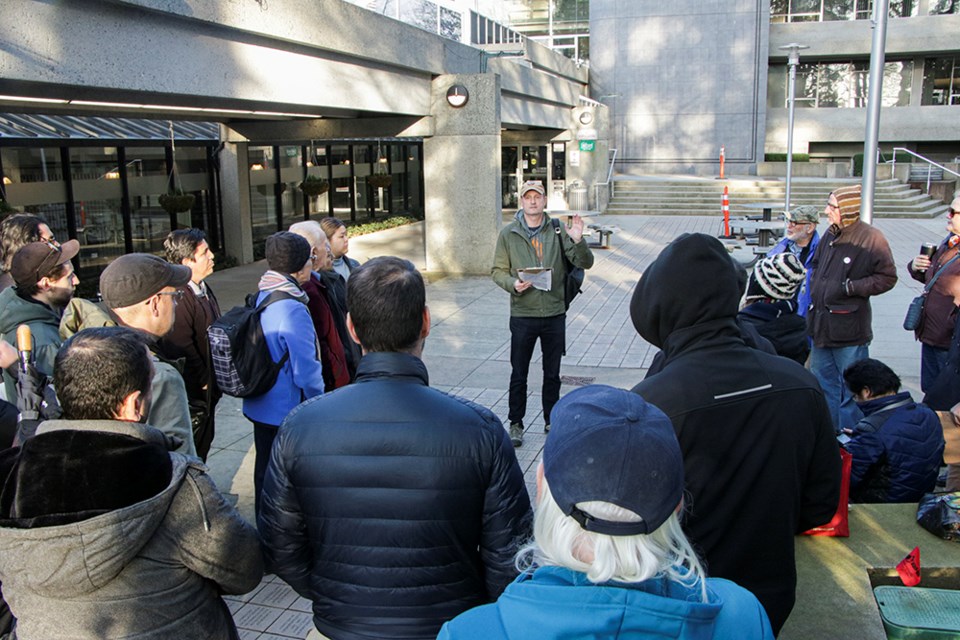Editor:
Re: Advocates, councillors offer mixed reviews of Burnaby’s twin rental policies, NOW News
I would like to respond to the story published recently about the policies that came to council because the issue is hard to understand without context.
The policy that ACORN and the other tenant advocates from the Mayor's Task Force on Housing were overwhelmingly concerned with was TAP (Tenant Assistance Policy). ACORN developed this proposal through years of consultation with tenants facing demoviction who overwhelmingly told us that they preferred rent stabilization rather than cash buy-outs.
This is because when tenants are force to move they face a permanent large increase in rent. One-in-five tenants pay 50% or more of their income for rent, and most tenants in Metrotown face 50% or more increases in rent that they just cannot afford.
So, overall, the policy is innovative and we consider it the best relocation policy in Canada for demovicted tenants (it doesn't address renovictions). Going forward, demovicted tenants of Burnaby will be given what ACORN brought to the mayor's task force. A new replacement unit at the same rent plus allowable increases, and rent top up in the four to five years until the unit is ready to move in.
There are some problems, however. Since the moratorium on demovictions was put in 20 months ago, a few developers used questionable methods to empty 300 households with little or no compensation in many cases and let them sit empty.
When the new mayor took over, we made them aware that this was happening, and our understanding was that the city was asking developers to keep track of residents compensation amounts and contacts so that the new policy being developed would apply to them too.
In the draft adopted in principle it was clearly stated that the 300 units may be given equivalent treatment as the ones who are yet to be demovicted. In the final version, they were left out completely, on request of the developer stakeholders.
We were not aware that this change was coming and were not allowed to even go on record to be opposed to it in the final recommendations.
That leads into another negative issue. Our overall complaint is that our stakeholder consultation was deeply flawed. There was no time to look over the document and policies before the council voted on them and no way to put our thoughts into the final stakeholder comments for the record.
We feel that our status as a “stakeholder” to provide feedback was seriously compromised. We are not saying that this was intentional.
Since the change of direction at city hall last year, many changes have been made for the better. Among these a huge amount of energy went into dealing with the lingering problems with demovictions the incoming mayor inherited and this resulted in positive changes in public consultation that were need but were also ad hoc.
Despite these drawbacks, ACORN still sees this policy as the “best in Canada” for demovicted tenants, and hopefully other cities will be pushed to adopt likewise policies that stress keeping tenants’ situation stable.
Murray Martin, Burnaby ACORN



